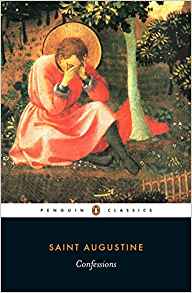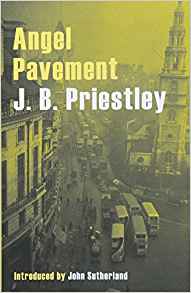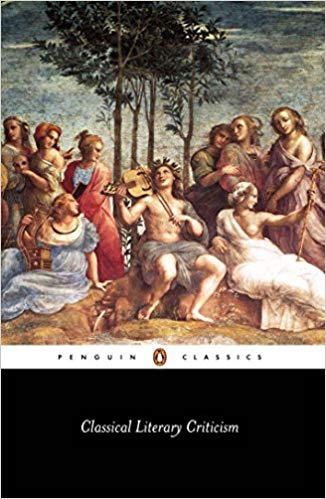
Published: 397
Pages: 285
St. Augustine was in his forties and Bishop of Hippo when he wrote his Confessions. It was only recently that I realised that I was leaning towards the wrong definition of ‘confession’ when I read it. There is definitely an element of confessing his sins, but he is also confessing his faith. It’s also an autobiography, since St. Augustine starts the account of how he became a Christian with his boyhood in northern Africa.
Although St. Augustine was one of the great minds of the early church, or perhaps because of it, he wrote in a way that is very approachable. That might, of course, be due to the translator, but I read City of God in 2018 and that’s also very readable, despite its length (1,000 plus pages) and a different translator. St. Augustine was a teacher from a young age, which probably influenced how he wrote, because one of his aims is clearly to help his readers avoid the mistakes he made on his way to becoming a Christian. I’m not in a position to comment on how easy or otherwise his Latin is to read, but it’s believed that it was his first language, even though he grew up in a Roman province in northern Africa, so I suspect he had a facility with it.
He portrays himself as someone who was searching for something as a young man, trying Manichaeism and Neoplatonism before he came across Ambrose, the bishop of Milan. Although St. Augustine’s mother was a Christian, it wasn’t until he heard Ambrose preach that he began to take Christianity seriously and was converted.
Much of what’s in the Confessions is well-known, including his account of stealing pears. I didn’t know the story before I read the book, but it’s one I shall remember. As a teenager, St. Augustine and some friends stole from a neighbours pear tree. They didn’t do it because they wanted to eat the pears. In fact, they threw them away. They did it because it was forbidden. It was, as St. Augustine later reflected, the sin itself that they wanted. His thoughts on sin still influence modern theology.
Having read City of God, reading The Confessions was like meeting an old friend. I enjoyed it very much.
April Munday is the author of the Soldiers of Fortune and Regency Spies series of novels, as well as standalone novels set in the fourteenth century.
Available now:




